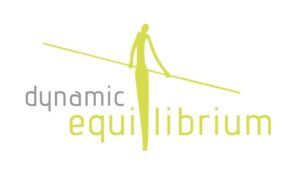In the 1930s and 1940s muscle testing was first applied by orthopedists. Osteopaths, chiropractors and physiotherapists developed further methods taking into account lymphatic flow and blood circulation, as well as muscle and joint movement. In 1964, Dr. George Goodheart, a chiropractor, integrated and further improved these methods. Muscle testing became a therapeutic tool. Studying Chinese acupuncture Goodheart understood how muscles and organs interact. His synthesis of the acupuncture-meridian-relation and the muscle testing method provides the backbone of Applied Kinesiology.
In the following years, new branches of kinesiology were established and made available to the public. Touch for Health supports general well-being by means of muscle balance, Educational Kinesiology provides help in case of learning disabilities. Further techniques followed, dealing with stress-release and deep-seated emotional problems.
Richard Utt combined western physiology with the Chinese theory of 5 elements and the Indian Chakra-Nadi-System. Dr. Charles Krebs established a Learning Enhancement Acupuncture Program (LEAP) to help with learning disorders and memory problems. The LEAP system aims at maintaining brain functions in stressful situations.
The most recent branch in this field, Neuro-Energetic-Kinesiology, is based on the research by Hugo Tobar. This technique releases stress in specific areas in the central and peripheral nervous system.
